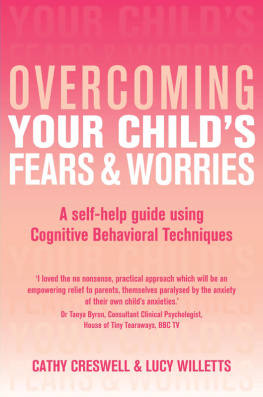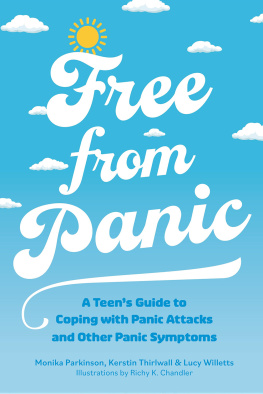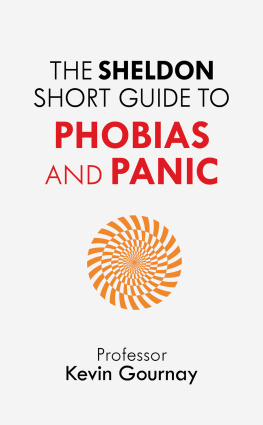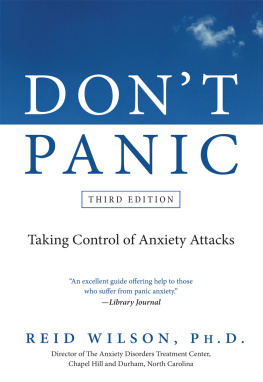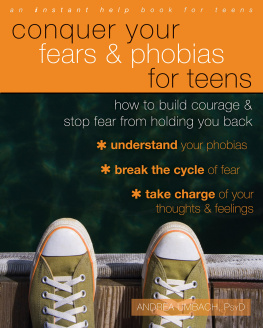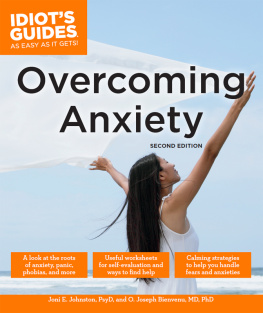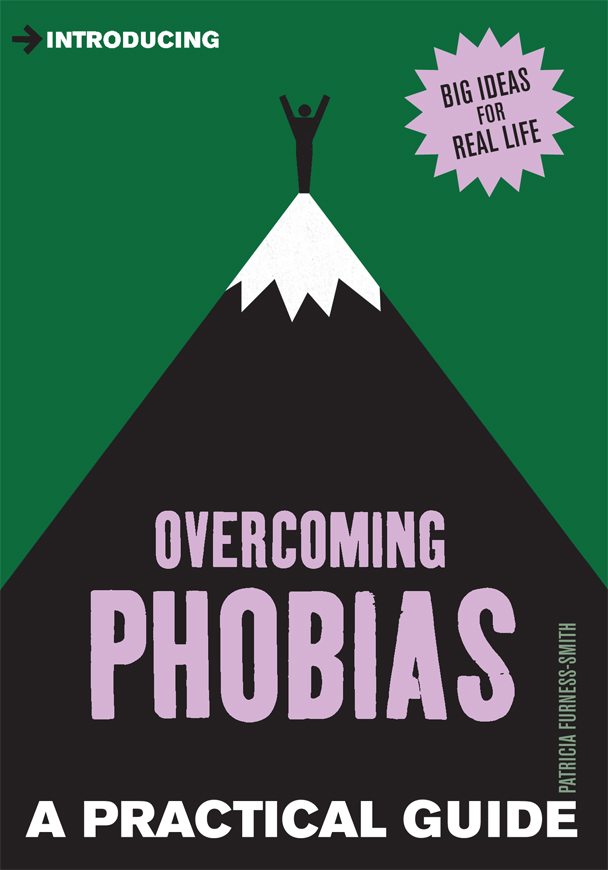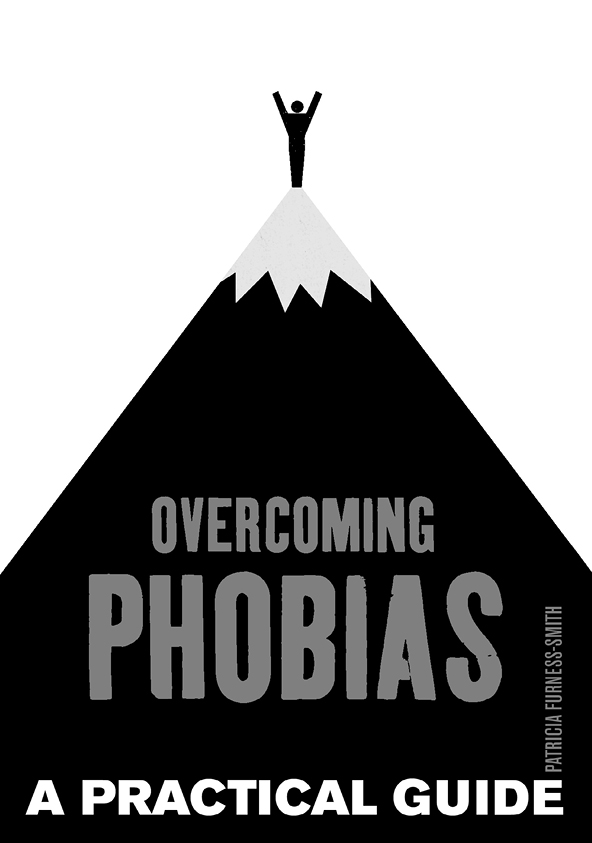I would like to dedicate this book to my extraordinary mother-in-law, Joan Barbara Gilbert (ne Rapsey), a veritable legend in her own lifetime, and my dear father-in-law, John Gerald Furness-Smith. I thank them for all the wonderful times we have shared over the past 40 years, their unstinting support, amazing generosity and singular brand of humour. But most of all I am eternally grateful to them for producing their son, Charles, the love of my life.
Preface
Difficulties are things that show a person what they are.
Epictetus
From as far back as I can remember I have always been intrigued by the human mind. That curiosity has led me into a career where I have been privileged to gain access to the personal experiences of thousands of people. My clients and students, over the past 25 years, have generously and courageously shared with me the deepest and darkest recesses of their minds.
Throughout these many years of exploration I have come to realize that each of us possesses huge reservoirs of untapped resources. One of the joys I experience in my work is that I am able to alert my clients and students to the fact that they all have amazing potential if only they choose to recognize this fact.
In this book I hope to convince you that overcoming life-long limiting phobias is readily achievable, providing you have an open mind, a willingness to learn and the courage to try new ways of thinking and behaving.
Very little of what we think about ourselves is actually based on indisputable solid concrete evidence; so why not elect to have positive and constructive thoughts rather than limiting and debilitating ones. After all, beyond the certainty that everyone reading this book has been born and one day will die all else is mere speculation.
As we embark upon this adventure into the world of phobias I want you to keep these pre-requisites to change in the forefront of your mind.
In many ways a book entitled Overcoming Phobias might imply that the objective is to return the reader to the status quo, which existed before they became afflicted with the phobia. From my experience, in this field, I can categorically say that this is only half the story. History records endless examples of individuals who have overcome serious personal challenges and afflictions to emerge as stronger, more resilient and resourceful versions of their former selves. Winston Churchill, Helen Keller and Bob Champion are just a few who, through conquering adversity, went on to accomplish incredible achievements.
The wonderful by-product of overcoming a phobia is that it not only releases you from your imprisonment but it will imbue you with tremendous inner confidence which will enable you to soar to even higher levels of personal achievement and satisfaction.
In the following chapters I will provide you with the knowledge and information you need to work towards defeating a phobia; but only you can provide the attitudes of determination and openness to put this learning into action. I hope that you accept this invitation to work together to enable you to discover how truly amazing you are.
Introduction
Fear is a tyrant and a despot, more terrible than the rack, more potent than a snake.
Edgar Wallace
A phobia is an intense fear of something, such as an object or situation, which would not normally worry others. The person with the phobia knows that they are being irrational and that their response is entirely out of proportion to the threat, but feels powerless and unable to control their negative thoughts and bodily sensations.
A phobia is a type of anxiety disorder, which causes people to adjust their lives in order to avoid encountering the feared something. Phobias range from mild to strong but all are annoying, limiting and frustrating, and some are downright exhausting, debilitating and overwhelmingly terrifying.
Welcome reader to the land of phobias. This terrain is populated with the most diverse range of characters in the mental health field. Phobias are very common in the western world and affect many millions of people. The Royal College of Psychiatrists tells us that as many as one in ten people will suffer from a phobia at some point in their lives.
The actual figure is believed to be significantly higher than this with some sources suggesting that as many as 16 million people suffer from phobias in the UK alone. The reason why we have such a huge discrepancy in these figures is because mental health issues in general are victims of under-reporting, due to the perceived stigma which they attract.
Added to this, phobias by their very nature are irrational fears, therefore frequently cause the sufferer acute shame and embarrassment as well as anxiety and distress. For this reason many people with a phobia do not seek medical help.
Worryingly, evidence shows that the vast majority of people who do eventually seek help for their phobia have endured symptoms for over ten years. Sadly, some sufferers do not even disclose their problems to close family or friends out of fear of being ridiculed or teased, thus rendering them isolated from all avenues of support. The examples below illustrate this point.


